Musicians Tips: Vorhees’ Dana Wachs on Finding Your Musical Voice
Dana Wachs began studying electric bass and cello at a young age, but she soon discovered that conventional music lessons just weren’t for her. “They tried to classically train me, but it didn’t work out in the sense that the way I was being taught wasn’t good for me personally. Dedicated teachers, famous musicians, actually, but I felt the way I was being taught was very restrictive,” she says.
Rather than get discouraged, she kept playing and began to forge a musical path on her terms. At age 19, as a member of Dischord punk band the Holy Rollers, she started learning about sound as a way to better communicate with sound engineers on the road, opening up both her creativity and another facet of her career in the process.
Today, Wachs is an in-demand audio engineer who has worked with the likes of Cat Power, M.I.A., St. Vincent, Deerhunter, and many others. She also works as a composer and sound designer, collaborating with fashion designers, filmmakers, and choreographers (most recently for Heather Kravas’ “Visions of Beauty” at On The Boards in Seattle) to create the perfect score for their artistic visions. In 2009, she stepped back into the spotlight herself, performing beautiful avant-pop compositions under the moniker Vorhees. Steeped in experimentation and improvisation, her music features an assortment of guitar, analog, and electronic instrumentation, which she manipulates and mixes live on stage.
Following a 7” (“The Orchard”) in 2012, and performances around the world (including appearances at Basilica Soundscape 2013 and Iceland Airwaves 2014), Wachs released Vorhees’ debut EP, “Black Horse Pike” in February this year. Written, recorded, and produced at her own studio (with drummer Greg Fox contributing to the final track, “Millie’s Pinkie”), the multi-textured music may run outside the types of boundaries her early teachers pushed, but it shows her instincts were right: by pushing herself and continuing to create, she developed a style all of her own. “It was only when I started playing on my own and started teaching myself, as well as when I was running sound and teaching myself how to run sound, that I became the musician that I am in the sense that I’ve developed my own style, and I’ve developed my own techniques, and I’ve learned more by being hands on,” she said.
With expertise from her own musical journey as well her work with others, we asked Wachs to share some tips to help other musicians hone in on what makes their style unique and how to develop it from there. “Black Horse Pike” is available now.
Be Free: First off, this is what works best for me. It all started when I saw a guitar player playing and they were so incredibly free about the notes and their fingering on the neck. There was nothing predictable about it and I thought, “wow, I hope I can be that free one day.” You know, there is a term if you’re a writer and you just need to get some words on the page: free writing. If you’re a painter, you’re splashing paint on a blank canvas, just to get the field to start. When I want to start writing a song, or if I just want to play, I just go as free as possible. I don’t think about notes, I don’t think about structure, I just start playing. It’s almost a warm up in a sense. Getting your own style starts with not playing covers, for example, but just finding out what sounds good to you.
Always Be Recording You never know never know what you are going to stumble upon and you might need to reference it. I have hours and hours of [recordings] of just noodling, or playing with effects, just exploring.
Don’t Get Caught Up in Labels One of the things I like to do—bringing my sound engineering into my composition—is I like to play with hardware that is not necessarily geared towards me. For example, I use a KORG Electribe 2 (the newer one), a piece of hardware that is marketed towards DJs and dance music producers. It definitely isn’t something that you would associate with something I would use for ambient guitar tracks, but there are so many nice little features that I do use. I can plug my guitar directly into it and I can modulate the guitar as if it was a synthesizer, and cross the sound differently there… It’s not letting the narrative, or the marketing of what the gear is geared for prevent you from using it. That’s been my biggest boon, really, playing with things that maybe weren’t meant for how I use it. Why not? There are no rules.
Learn Your Technology: I prefer no “rules,” but a general suggestion for every musician is once you start finding your style, get a solid background on the technology you are using. If you’ve been using an Electribe, playing around with it, ignoring the manual to just find your own way around it and develop your own sound, NOW look at how it actually operates and use that to your advantage. It will make your workflow a lot faster if you really understand the equipment you are using. I learned how to do sound when I was touring at 19 and I had no idea how to communicate to the sound engineer how to get better monitors on stage. Once I learned how to do sound, it immediately elevated my relationships. It’s like a chef learning knife skills. It’s only going to help. It is a technical talent, but once you know it you can work right through it and focus on the creative.
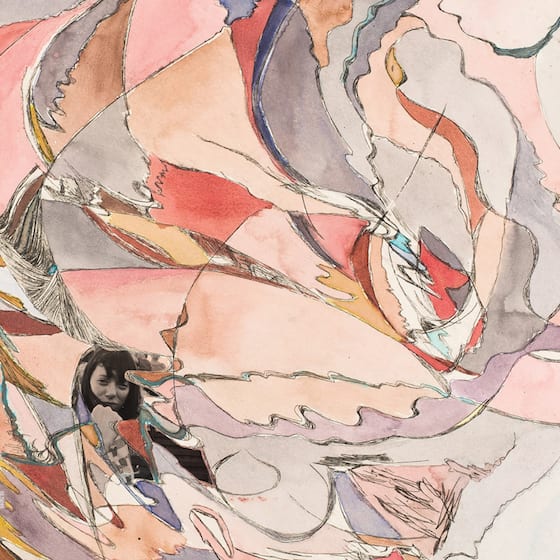
Ask Questions I’m self taught as a sound engineer. I learned by asking questions. There is no shame in trying to educate yourself that way. Don’t be afraid to have a dialog. Again, when you’re making music or doing sound, there is no one absolute way of doing things. People will develop their own style and techniques. Even if you are doing something different than another person, it’s going to open a lot of techniques for you.
Know There is Always More to Know It’s about attaining the confidence to finalize your style, but also not putting yourself in a box… When I’m onstage performing as Vorhees, I mix myself. I have my own console up on stage and I’m sending things, sending vocals and guitar to different pedals and electronics, and feeding things into each other. It’s a constant search for that sound. The only way I’ve been able to really embrace that is by knowing everything I can possibly know, while also knowing there is more to learn. It’s that confidence of having that foundation and knowing it’s a true foundation. It didn’t come from a book. It didn’t come from one source, it came from many different sources. Once I got that, it just opened up all of my songwriting. I’ve also been doing it for 20 years—it might be a longer road than the traditional education route, but I feel that it is a very unique road.
Experiment: I want to encourage people to experiment as much as possible. Experimentation is the key to new music. A lot of people say it’s all been done before, but there can be new interpretations. Maybe new technology will bring in a whole new way to bend notes, or there’s just so much still out there, I believe, that experimentation is the only way we’re going to get to a new place with music.
What I’m doing with Vorhees is not even that challenging, really, but all of this, I apply across the board to Vorhees to my dance scores, to anything else I end up doing. I’m no longer afraid to try anything. And if it fails, that’s ok too… you can learn a lot from failure as well.
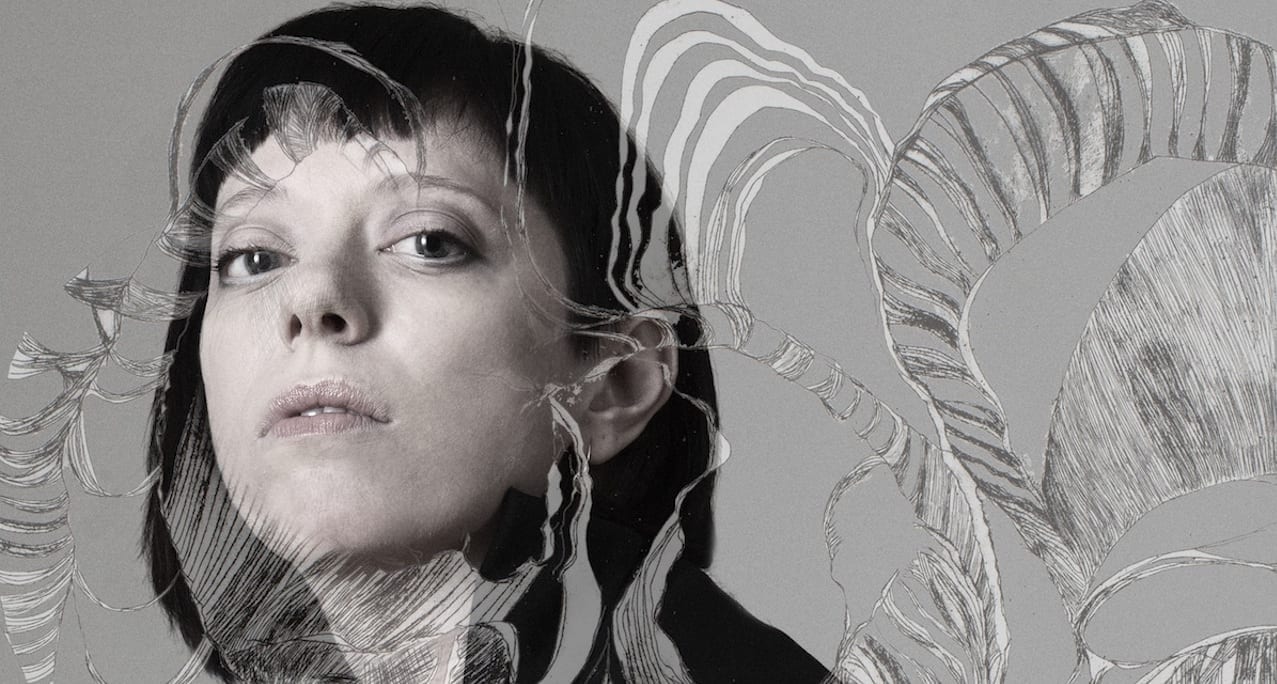

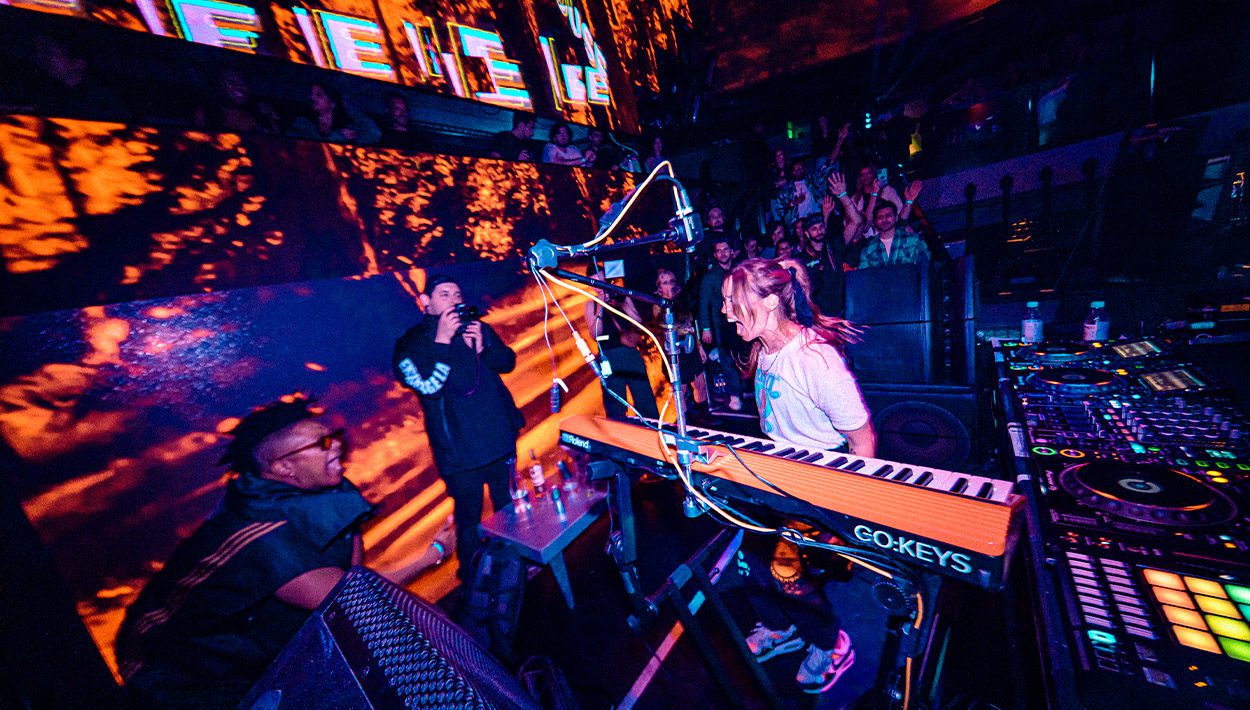
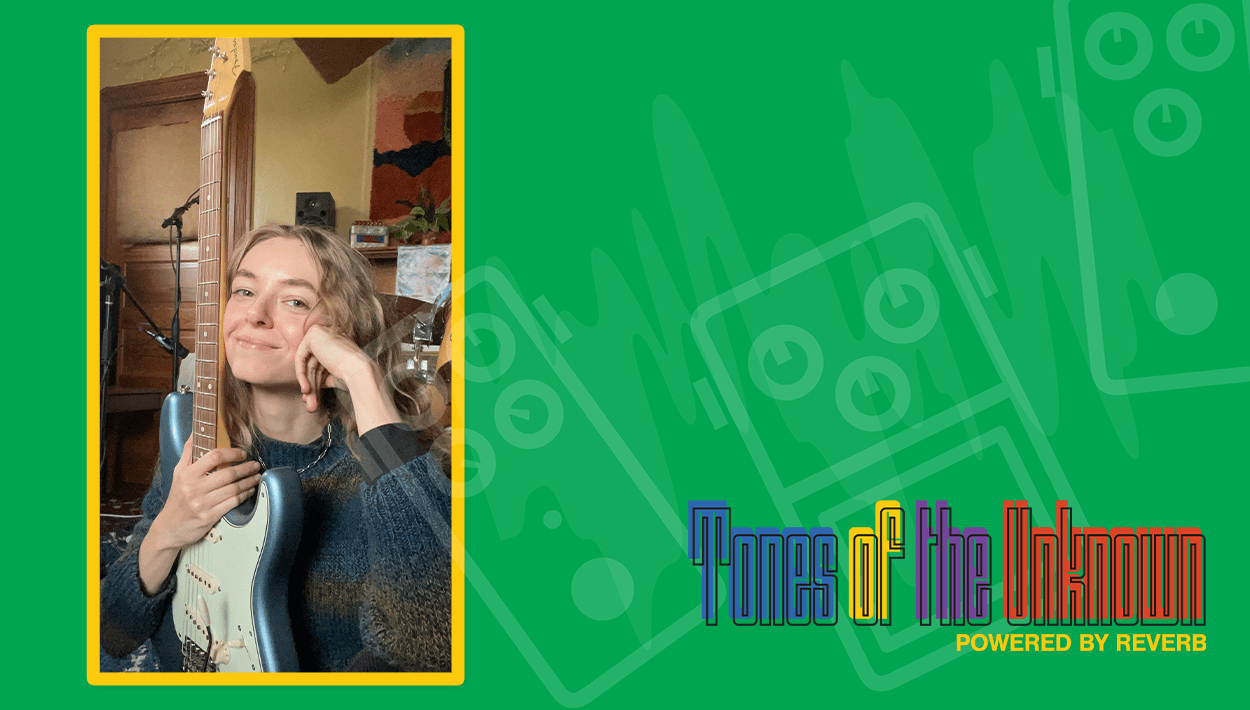
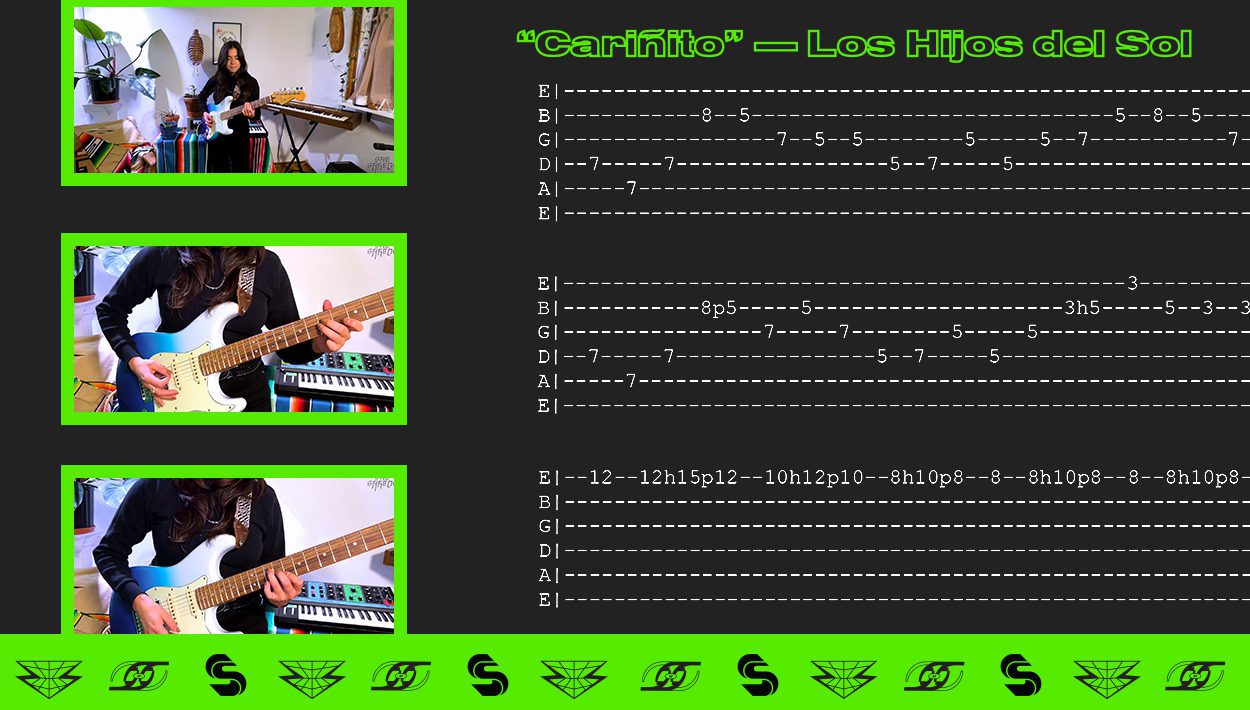
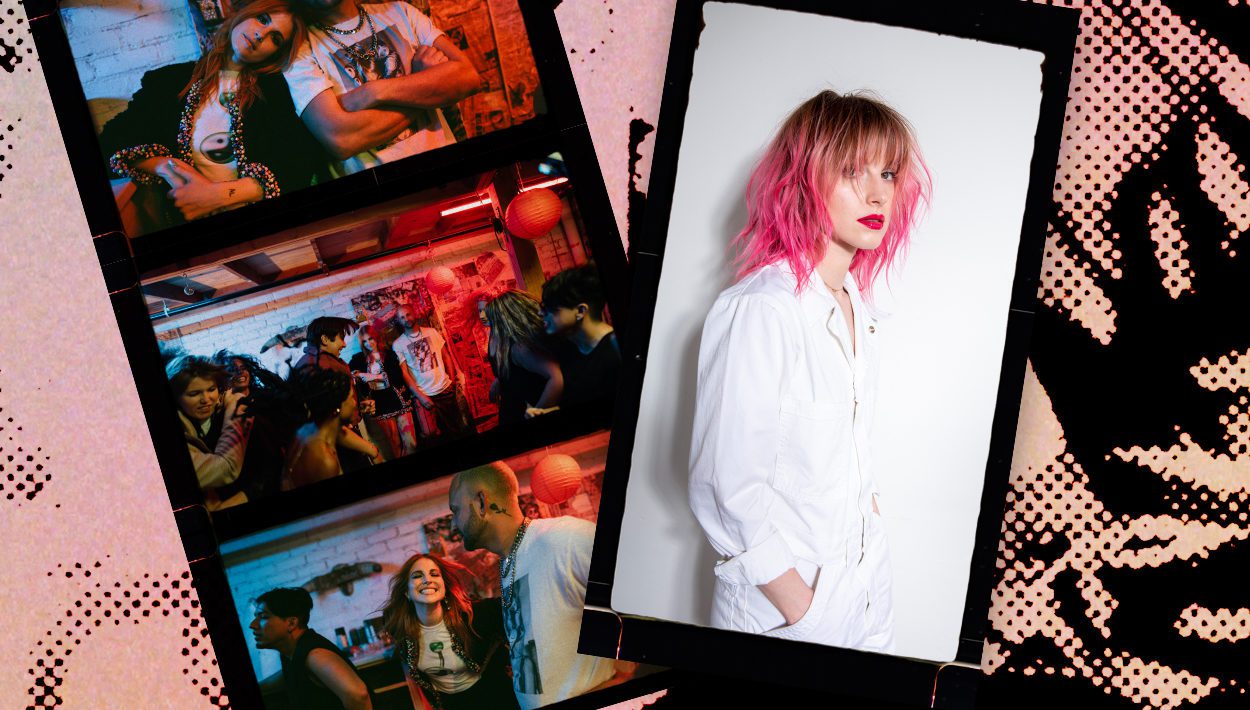
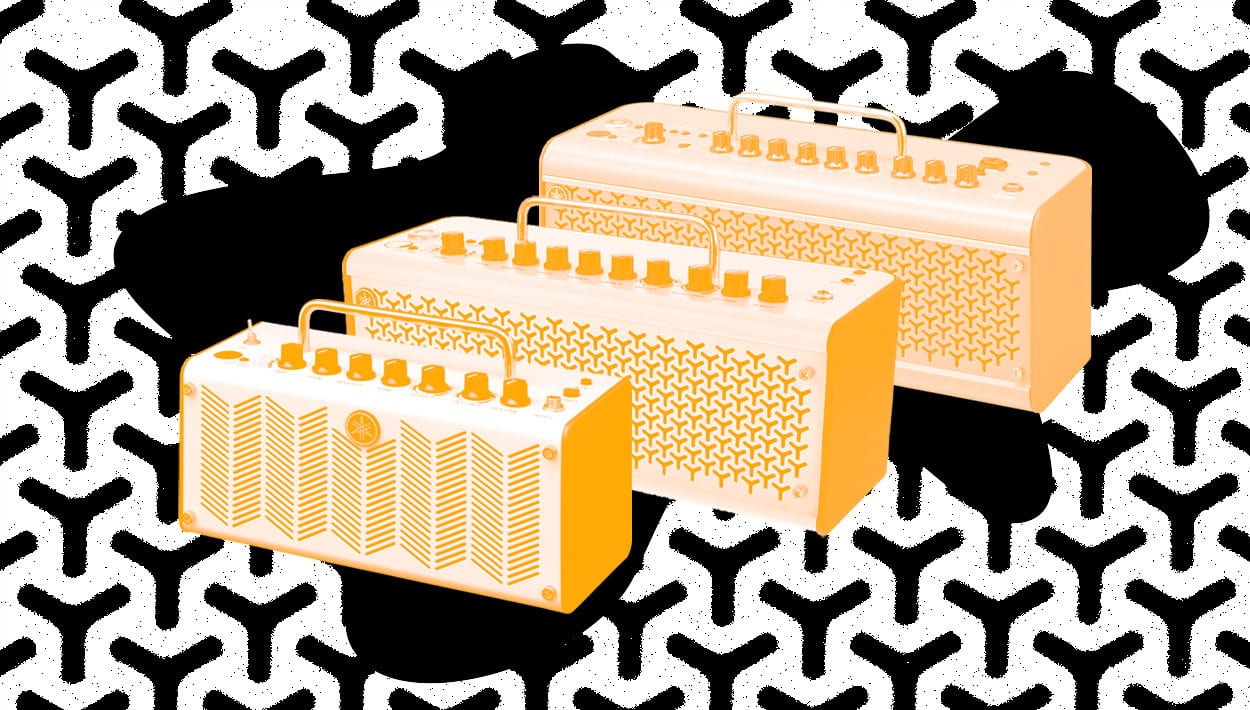

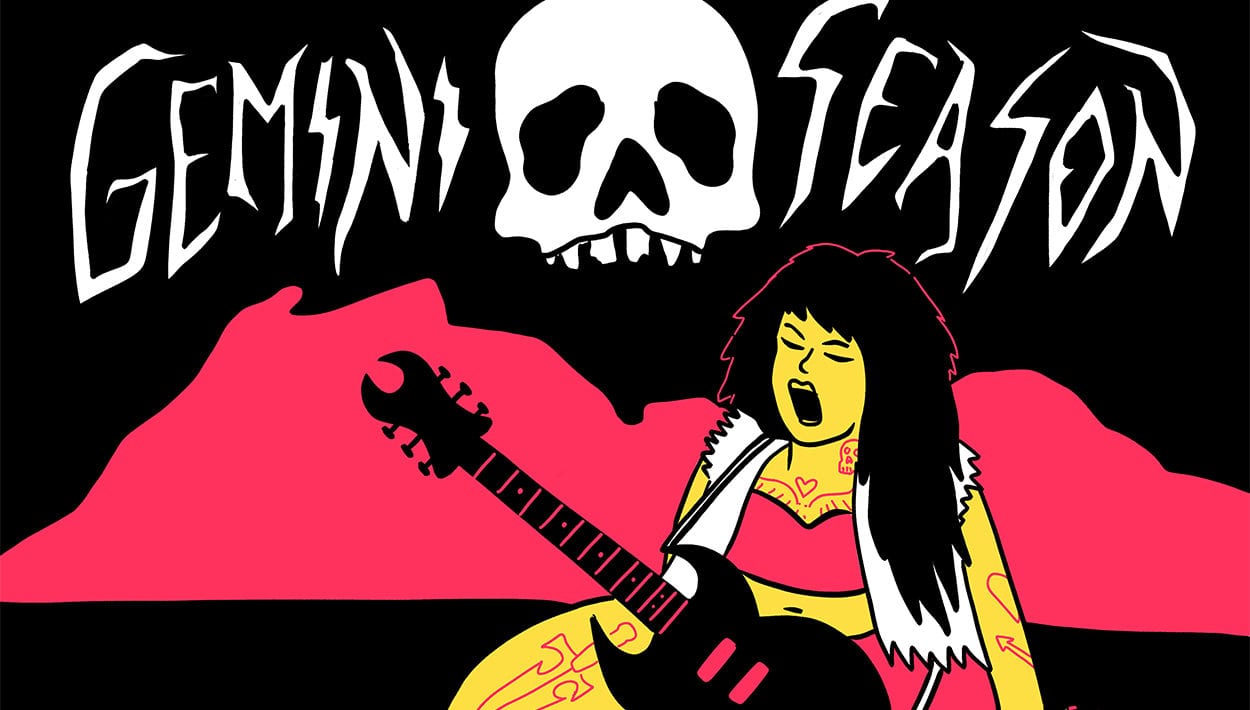
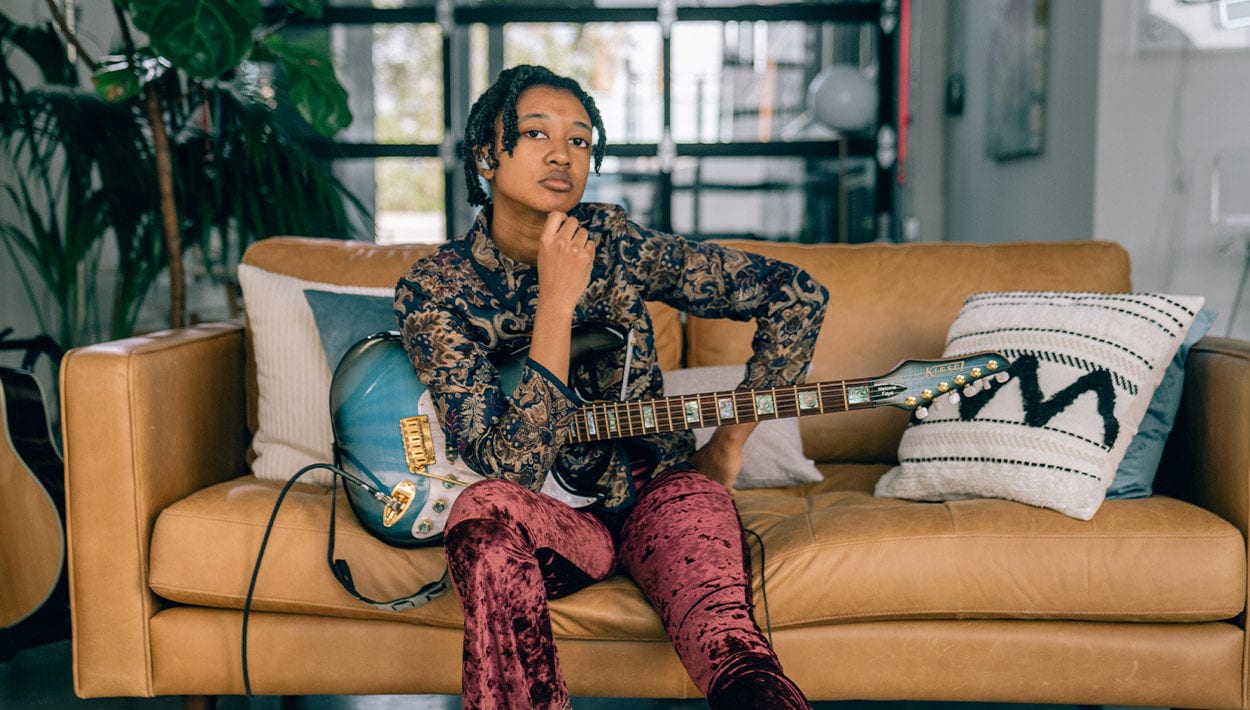
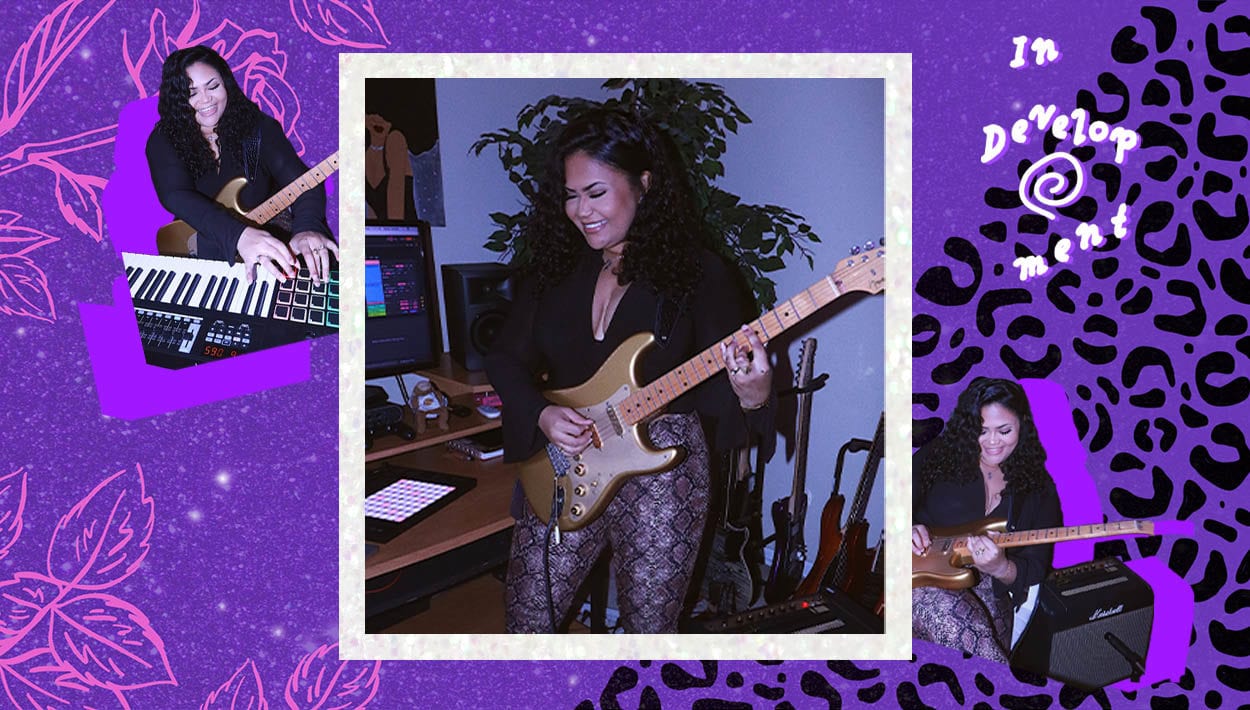
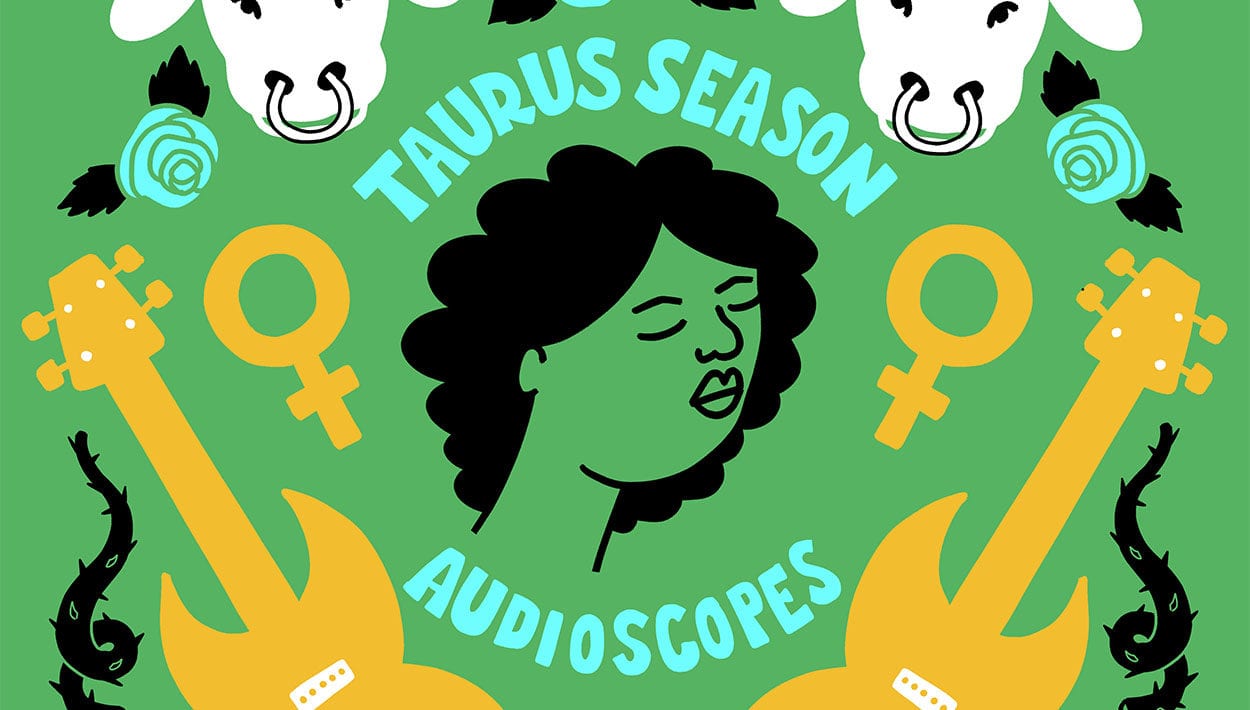


Comments
No comments yet